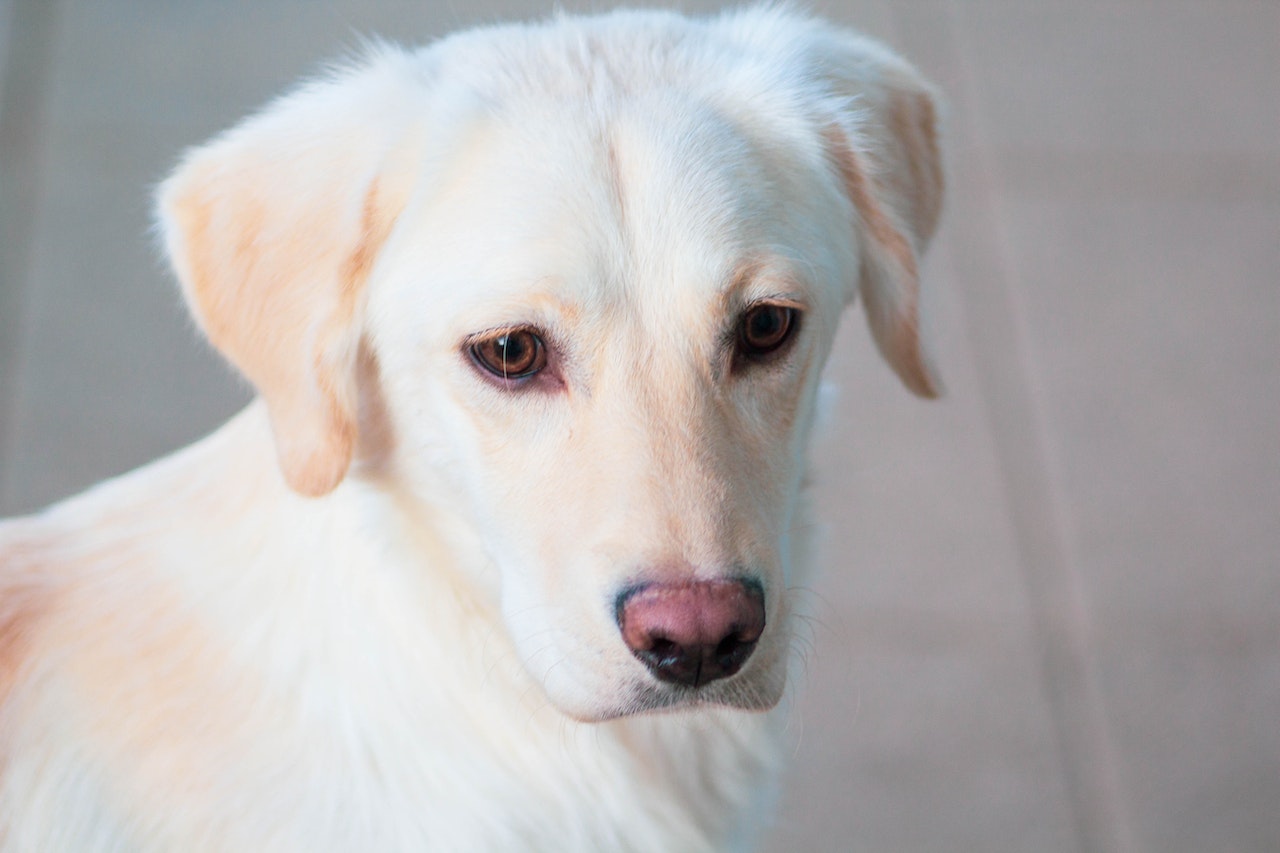Why is My Dog not Eating
Having a Labrador that’s not eating can be concerning for any dog owner. As an expert, I understand the importance of addressing this issue promptly. There could be several reasons why your Labrador is refusing to eat, and it’s essential to identify the underlying cause.
One possible reason for a Labrador not eating is a change in their routine or environment. Dogs are creatures of habit, and any disruptions to their daily routine or surroundings can affect their appetite. If you’ve recently moved homes or made changes to their feeding schedule, it could be causing stress or anxiety, leading to a loss of appetite.
Another potential cause could be dental issues. Labradors are prone to dental problems such as gum disease or tooth decay. These conditions can make chewing painful and uncomfortable for them, resulting in decreased food intake. It’s crucial to have your Labrador’s teeth checked by a veterinarian regularly.
Additionally, illnesses and medical conditions can also contribute to a loss of appetite in Labradors. Infections, gastrointestinal issues, liver or kidney diseases, and even certain medications may impact their desire to eat. If your Labrador’s lack of appetite persists or they show other signs of illness like lethargy or vomiting, it’s best to consult with a veterinarian for proper diagnosis and treatment.
Possible Medical Reasons
When it comes to our furry friends, seeing them not eat can be a cause for concern. If your Labrador is refusing their food, there could be several medical reasons behind this behavior. It’s important to consider these possibilities and consult with your veterinarian for proper diagnosis and treatment.
- Dental Issues: Just like humans, dogs can experience dental problems that make it painful or difficult for them to chew their food. Tooth decay, gum disease, or broken teeth can all contribute to a loss of appetite in dogs. If you notice your Labrador avoiding certain types of food or showing signs of discomfort while eating, it might be time for a dental check-up.
- Gastrointestinal Problems: Dogs may refuse to eat if they have gastrointestinal issues such as gastritis, pancreatitis, or an intestinal blockage. These conditions can cause nausea, abdominal pain, and digestive disturbances which lead to a decreased appetite. If your Labrador is experiencing vomiting, diarrhea, or has a bloated stomach along with their lack of appetite, seeking veterinary attention is crucial.
- Infections and Illnesses: Various infections and illnesses can affect a dog’s appetite negatively. Common culprits include respiratory infections like kennel cough or canine influenza virus (CIV), urinary tract infections (UTIs), and viral or bacterial gastroenteritis. Additionally, systemic diseases such as kidney disease or liver problems can also impact the desire to eat in dogs.
- Medications: Some medications may have side effects that suppress a dog’s appetite. If your Labrador has recently started taking any new medications prescribed by the veterinarian and you’ve noticed changes in their eating habits coinciding with the medication administration, it’s worth discussing this possibility with your vet.
- Stress and Anxiety: Dogs are sensitive creatures who may stop eating when they’re feeling stressed or anxious about something in their environment. Changes in routine, new additions to the family (human or animal), or even moving to a new house can all trigger stress-related appetite loss. Providing a calm and secure environment for your Labrador and addressing any underlying anxiety issues may help restore their normal eating habits.
Dental Problems
When it comes to our furry friends, a healthy appetite is usually a sign of overall well-being. So, what could be causing your Labrador’s lack of interest in food? One possible explanation could be dental problems.
Just like humans, dogs can experience various dental issues that may affect their ability to eat comfortably. Here are a few common dental problems that could be contributing to your Labrador’s decreased appetite:
- Tooth Decay: Cavities and tooth decay can cause pain and discomfort for your dog when chewing. This can make them reluctant to eat or avoid certain types of food altogether.
- Gum Disease: Periodontal disease is a prevalent issue among dogs, including Labradors. It occurs when plaque and tartar build-up on the teeth, leading to inflammation and infection of the gums. Along with bad breath and swollen gums, gum disease can make eating painful for your canine companion.
- Broken or Loose Teeth: A broken or loose tooth can cause significant discomfort for your dog while eating. They may avoid using that side of their mouth altogether or struggle with biting and chewing.
- Oral Infections: Infections in the mouth, such as abscesses or ulcers, can result in pain and difficulty eating for dogs. These infections need prompt veterinary attention to prevent further complications.
If you suspect that dental problems are behind your Labrador’s decreased appetite, it’s important to consult with your veterinarian promptly. They will perform a thorough examination of your dog’s mouth and recommend appropriate treatment options.
